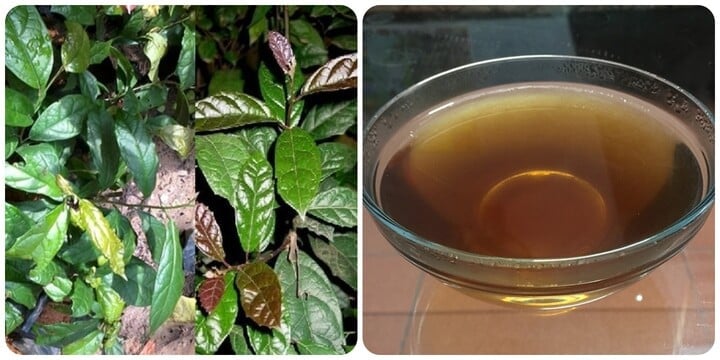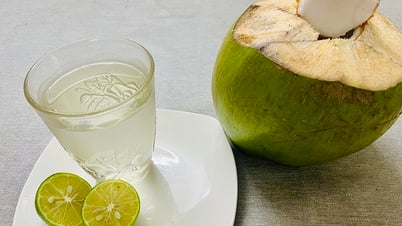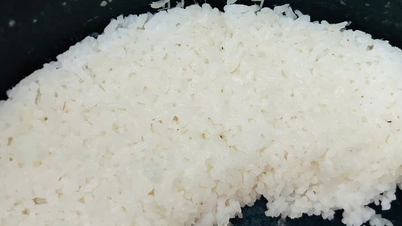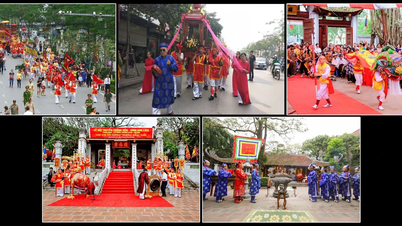Overview of the black tea plant
Multidisciplinary physician Bui Dac Sang, Hanoi Oriental Medicine Association, said that black xạ, with the scientific name Celastrus hindsii Benth, is known by other names such as white thousand flowers, hundred-solution tree, and pillow tree.
This is a woody vine that clings to large trees when growing wild, and when planted, the branches will cling to each other to form clumps. In our country, the black xạ tree grows wild in many forests in the mountainous areas of the North such as Ninh Binh and Hoa Binh .
In Oriental medicine, xạ đen has a bitter taste, cold properties, and the effect of regulating menstruation, diuretic, treating boils, ulcers, anti-inflammatory, cooling the liver and gallbladder, reducing secretions and enhancing the body's resistance. From these wonderful uses, xạ đen is trusted and used by many people. However, not everyone knows the morphology of this plant.

Black tea is a good medicine for health.
How to use black tea to purify the body
According to physician Bui Dac Sang, black xạ leaves are not toxic, but you should use a moderate dose, about 50g of dried leaves or 100g of stem to make a decoction.
People with digestive problems or increased liver enzymes can use 100 grams of black xạ cooked with 1.8 liters of boiling water for about 20-30 minutes, then drink it like tea.
According to some studies, the black xạ plant has the effect of inhibiting cancer, but only in theory. The actual effect depends on the body and the type of cancer. Because cancer cells can multiply rapidly, the effect of black xạ on the cell membrane or cell nucleus needs further research. As for benign tumors, you can use black xạ leaves.
Above is how to use xạ đen plant to purify the body. Xạ đen is a good herb for health but should not be abused. If you want to use xạ đen plant for medicinal purposes, you should consult a doctor or oriental medicine practitioner before using.
Source: https://vtcnews.vn/luong-y-huong-dan-cach-dung-xa-den-thanh-loc-co-the-ar911334.html




![[Photo] Cat Ba - Green island paradise](/_next/image?url=https%3A%2F%2Fvphoto.vietnam.vn%2Fthumb%2F1200x675%2Fvietnam%2Fresource%2FIMAGE%2F2025%2F12%2F04%2F1764821844074_ndo_br_1-dcbthienduongxanh638-jpg.webp&w=3840&q=75)


























































![[VIMC 40 days of lightning speed] Da Nang Port: Unity - Lightning speed - Breakthrough to the finish line](https://vphoto.vietnam.vn/thumb/402x226/vietnam/resource/IMAGE/2025/12/04/1764833540882_cdn_4-12-25.jpeg)

















































Comment (0)